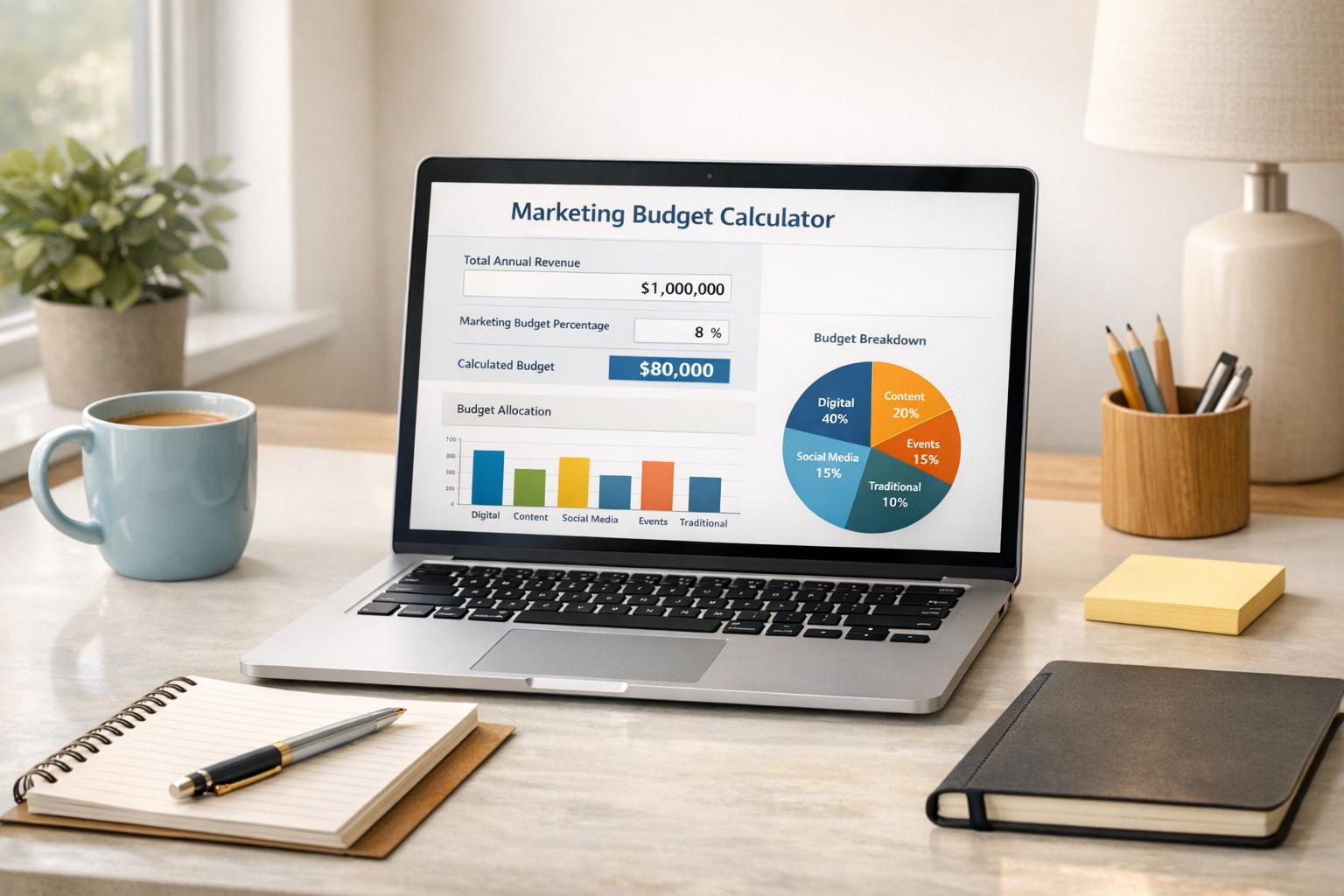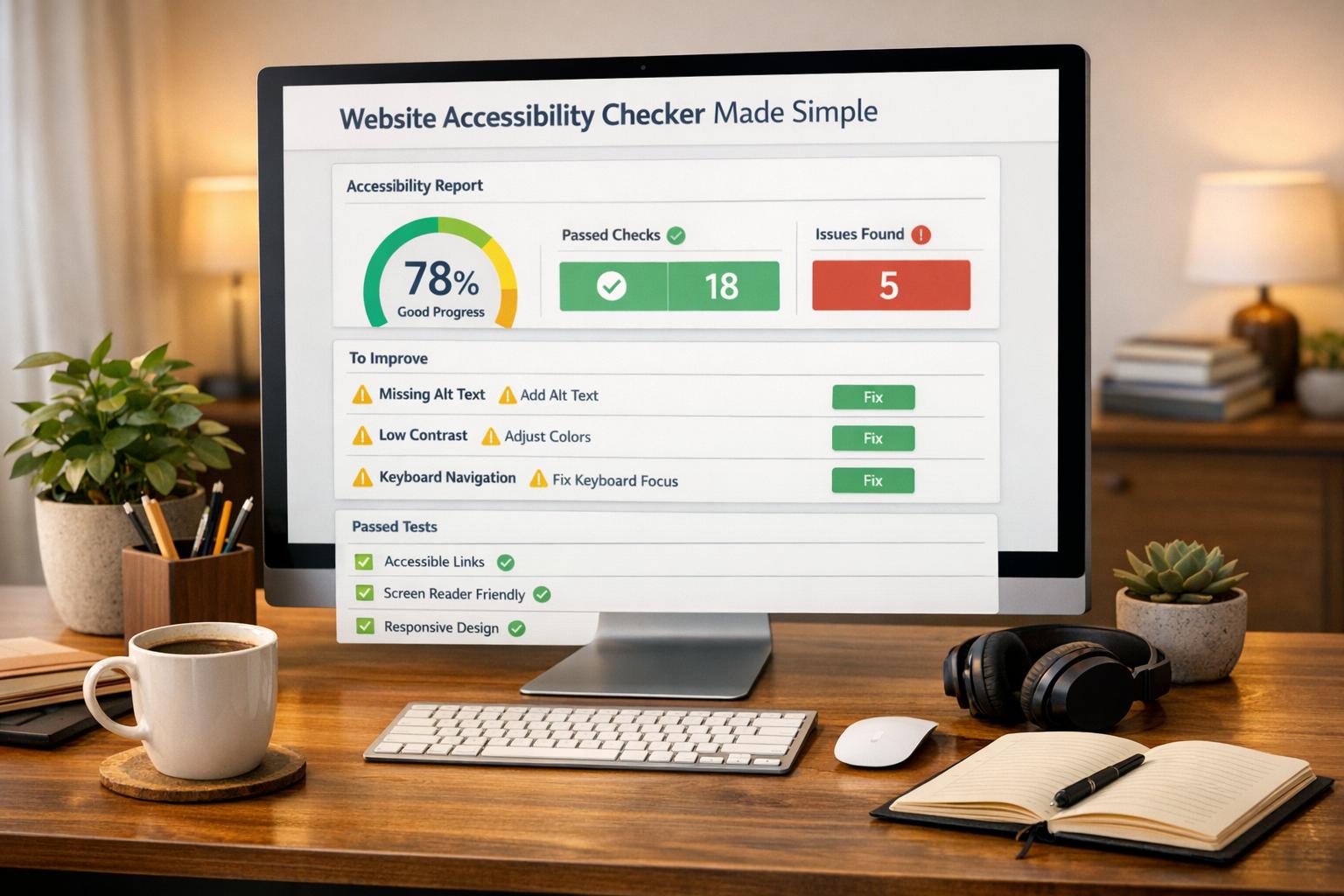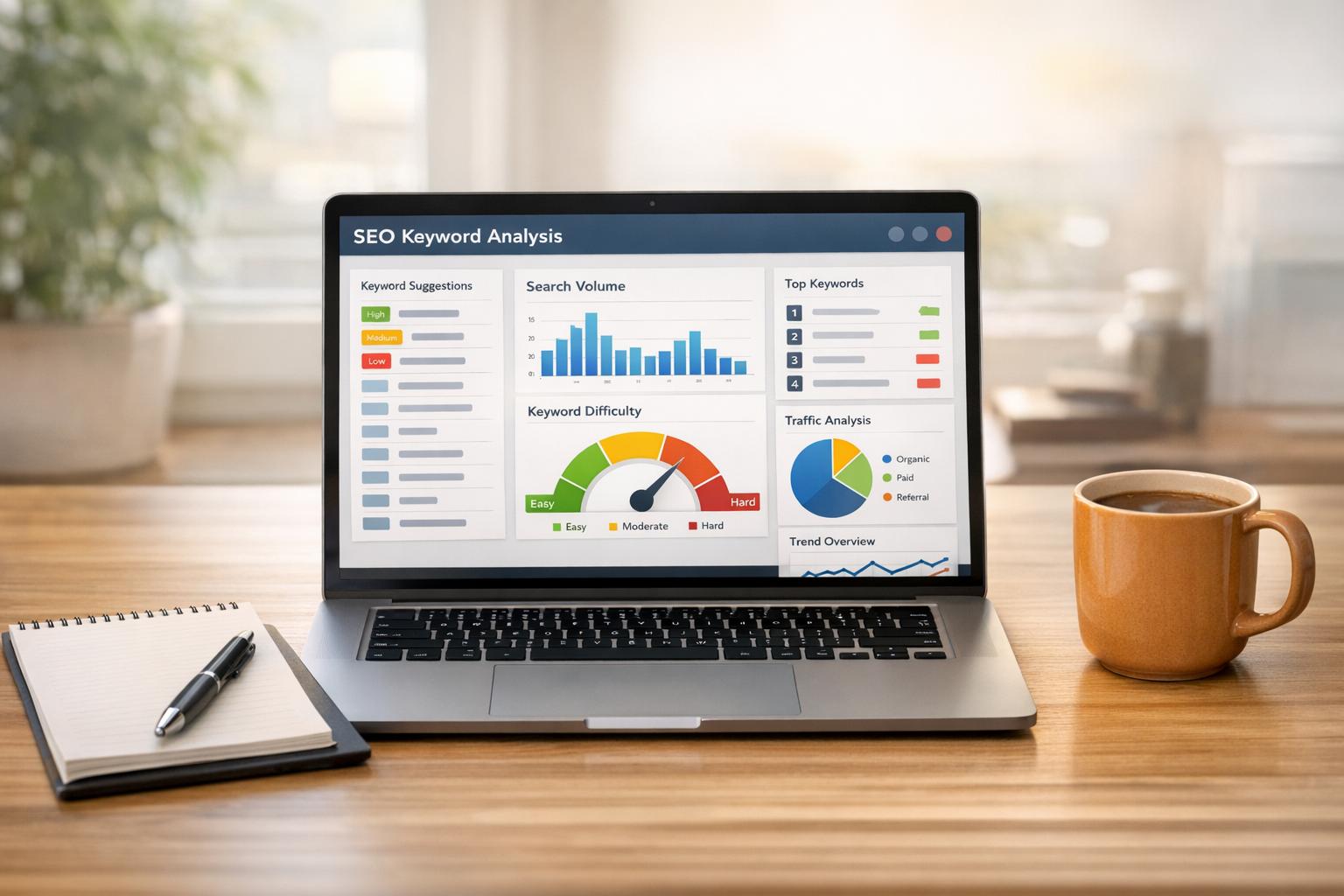Choosing between in-house marketing and agency services is a pivotal decision for businesses. It can shape your brand’s future and impact your bottom line.
At My Rich Brand, we’ve seen companies grapple with this choice time and again. This post will break down the pros and cons of in-house marketing vs agency partnerships, helping you make an informed decision for your business.
Why In-House Marketing Might Be Your Best Bet
Unparalleled Brand Alignment
In-house marketing teams live and breathe your company’s culture daily. This immersion results in marketing efforts that align perfectly with your brand’s voice and values. 82 percent of ANA members reported having an in-house agency in 2023, compared to 78 percent in 2018, indicating a growing trend towards in-house marketing solutions.
Rapid Response to Market Changes
In-house teams can quickly pivot strategies. When a competitor launches a new product or a market trend emerges, your team can respond immediately. This agility proves crucial in fast-paced industries. McKinsey research shows that resilient companies generated 10 percent more in TSR than less resilient peers during economic downturns.
Long-Term Cost Efficiency
While the initial investment in an in-house team can be substantial, it often proves more cost-effective in the long run.
Deep Product Knowledge
In-house marketers develop an intimate understanding of your products or services. This knowledge translates into more authentic and compelling marketing messages.
Building Your In-House Team
To build an effective in-house marketing team, start by identifying your core marketing needs and the skills required to meet them. Gradually build your team, focusing on versatile professionals who can handle multiple responsibilities. Invest in training and tools to keep your team at the cutting edge of marketing trends and technologies.
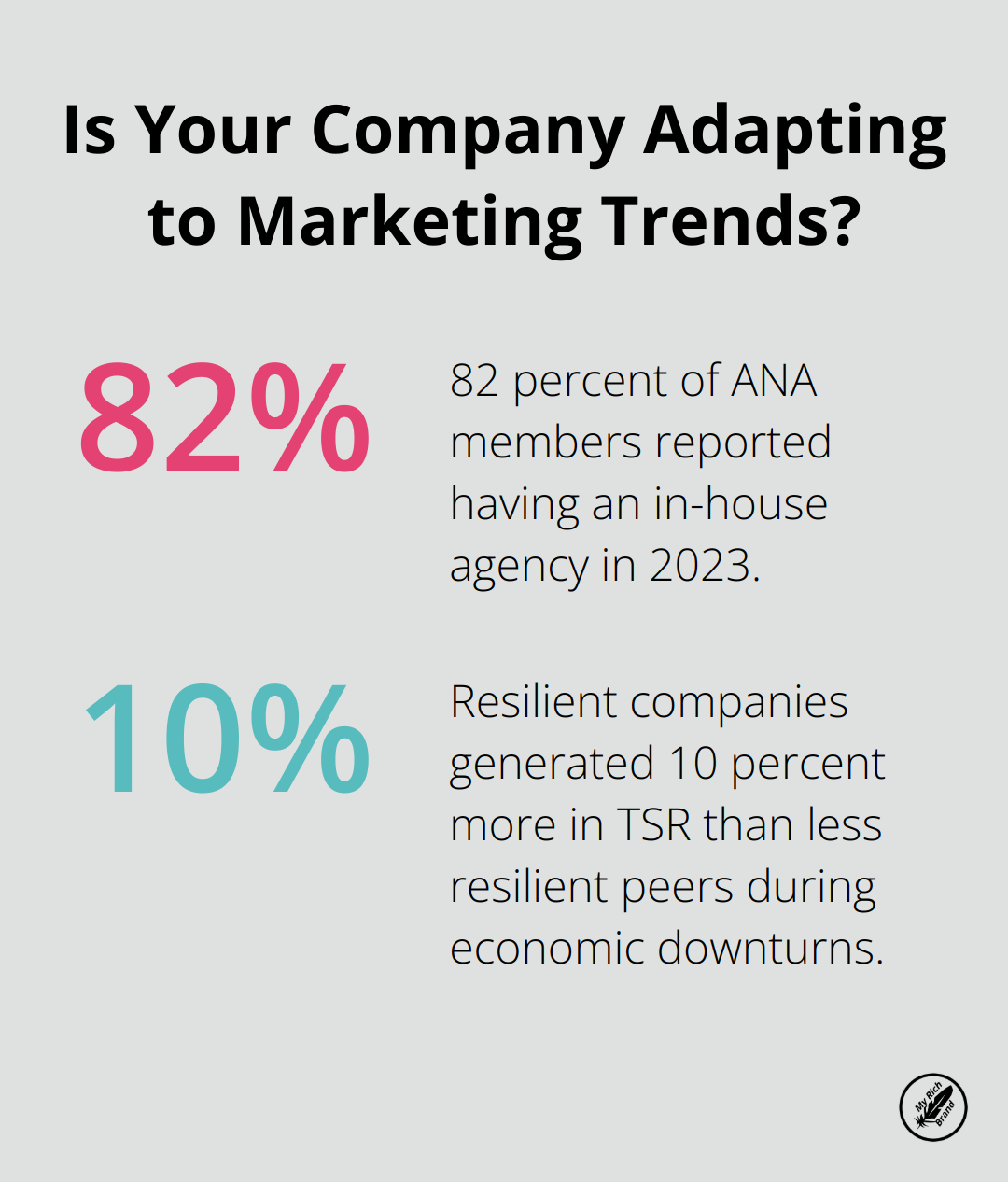
While in-house marketing offers numerous advantages, it’s essential to consider the potential drawbacks as well. Let’s explore the benefits of hiring a marketing agency in the next section to provide a comprehensive comparison.
Why Marketing Agencies Supercharge Your Strategy
Marketing agencies offer a powerhouse of benefits that can transform your business’s marketing efforts. Let’s explore why partnering with an agency might be the game-changer your marketing strategy needs.
Diverse Talent Pool
Marketing agencies house specialists in various fields, from SEO experts to social media strategists. This diversity allows you to access a wide range of skills without the overhead of full-time hires.
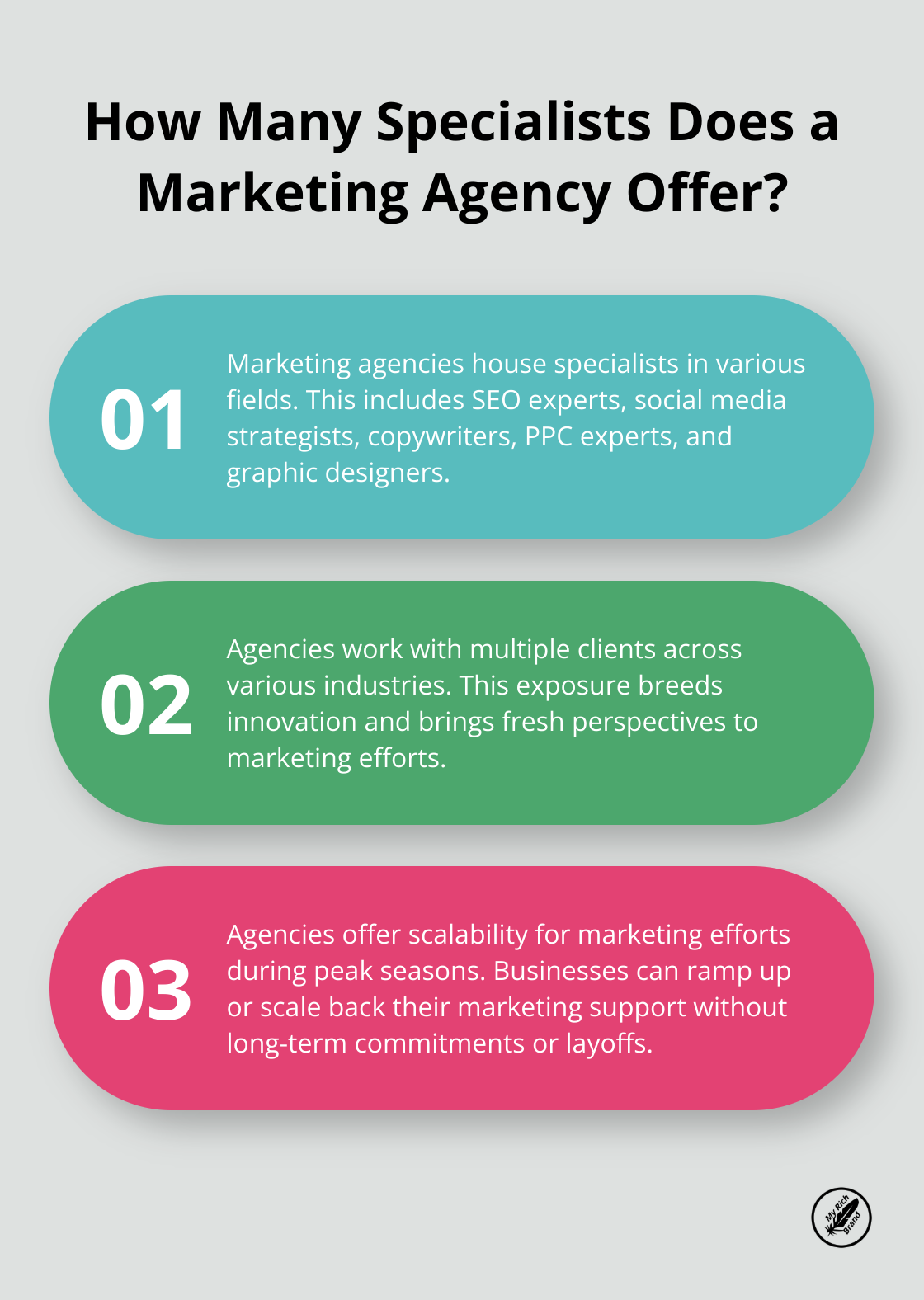
When you launch a new product, an agency provides a copywriter for your landing page, a PPC expert for your ad campaign, and a graphic designer for your visuals – all under one roof. This comprehensive approach ensures a cohesive strategy across all marketing channels.
Fresh Ideas for Your Marketing Mix
Agencies work with multiple clients across various industries. This exposure breeds innovation. They bring fresh perspectives that can revitalize your marketing efforts.
An agency might approach your social media strategy differently. They could suggest leveraging emerging platforms like TikTok or using AI-driven content creation tools (that you hadn’t considered). These novel approaches can set you apart from competitors who stick to traditional marketing methods.
Easy Scaling of Marketing Efforts
One of the most significant advantages of working with an agency is scalability. During peak seasons or product launches, you can ramp up your marketing efforts without the long-term commitment of hiring new staff. You can also scale back during slower periods without the guilt of layoffs.
An e-commerce business might need extra support during the holiday shopping season. An agency can provide additional resources for email marketing, social media advertising, and customer service chatbots. This ensures you capitalize on the busiest time of the year without overextending your in-house team.
Access to Advanced Tools and Technologies
Agencies often invest in cutting-edge marketing tools and technologies that might be cost-prohibitive for individual businesses. This access allows your campaigns to benefit from advanced analytics, automation, and AI-driven insights without the need for significant capital investment.
For example, an agency might use sophisticated A/B testing software to optimize your email campaigns or employ machine learning algorithms to fine-tune your PPC ads. These tools can significantly improve the ROI of your marketing efforts.
As we move forward, we’ll explore how to determine which option – in-house, agency, or a hybrid approach – aligns best with your unique business goals and resources. The next section will guide you through the factors to consider when making this important decision.
How to Choose Between In-House and Agency Marketing
Assess Your Budget Realistically
Your marketing budget plays a pivotal role in this decision. In-house teams require significant upfront investment in salaries, benefits, and equipment. The Bureau of Labor Statistics reports that the median annual wage for marketing managers was $108,000 in 2023. This figure doesn’t include costs for software licenses, training, and office space.
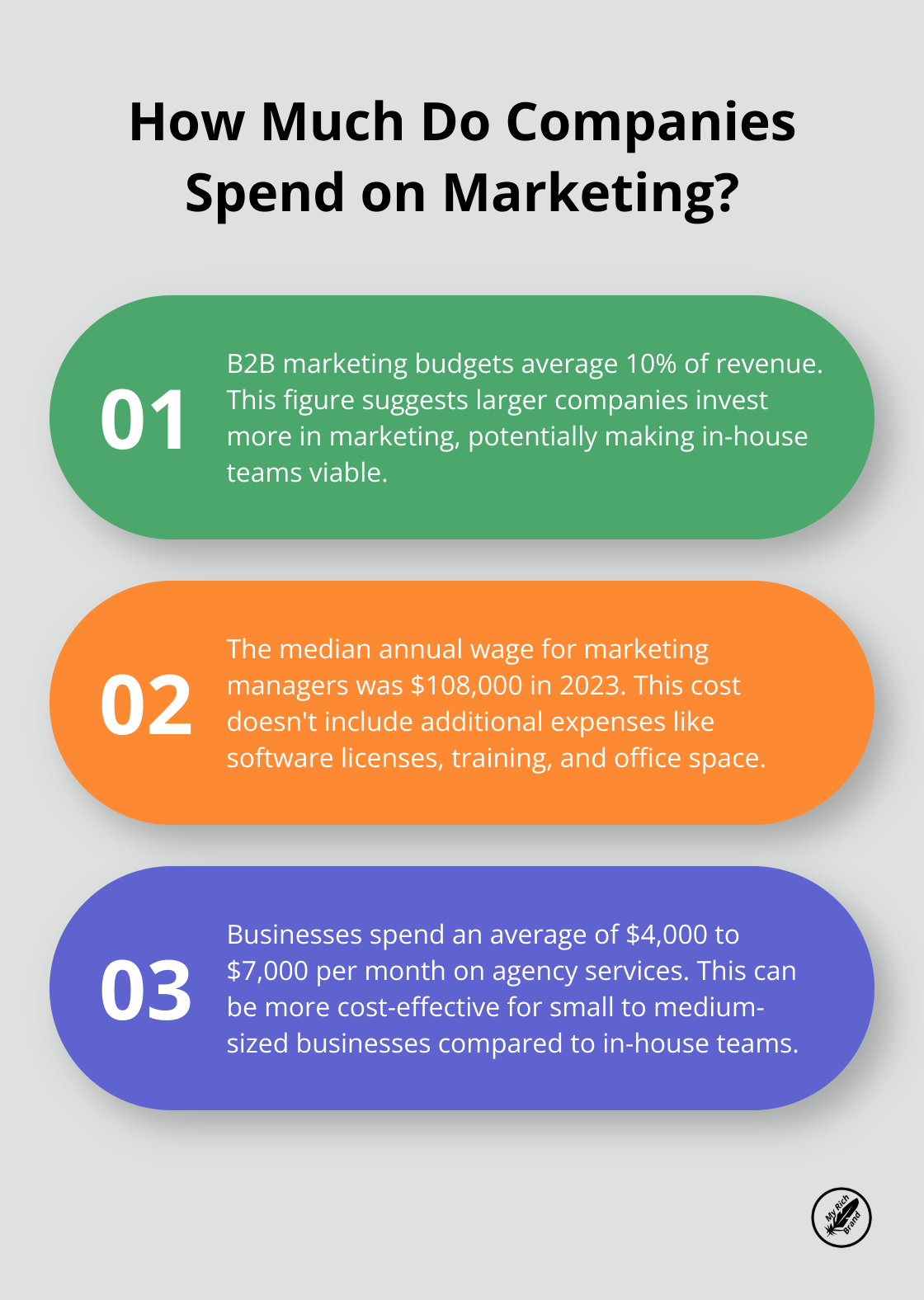
Agencies often work on retainer or project-based fees. While this can seem expensive initially, it eliminates many overhead costs. Businesses spend an average of $4,000 to $7,000 per month on agency services (according to a HubSpot study), which can prove more cost-effective for small to medium-sized businesses.
Evaluate Project Complexity
The complexity of your marketing needs should guide your decision. If your projects require deep, ongoing brand knowledge and frequent, rapid changes, an in-house team might suit you better. However, agencies often have the edge if you need specialized skills for complex campaigns or cutting-edge technologies.
For instance, a multi-channel campaign involving SEO, PPC, social media, and content marketing requires a team of specialists in each area. This breadth of expertise is often challenging and expensive to replicate in-house.
Consider Your Growth Stage
Your company’s size and growth stage are important factors. Startups and small businesses often benefit from the flexibility and broad skill set of agencies. As companies grow, they may find it more cost-effective to bring certain functions in-house while still outsourcing specialized tasks.
A study revealed that B2B marketing budgets average about 10% of revenue. These figures suggest that as companies grow, they tend to invest more in marketing, potentially making in-house teams more viable.
Analyze Industry-Specific Requirements
Different industries have unique marketing requirements. Some sectors (like tech or finance) might require highly specialized knowledge that’s easier to find in agencies. Others (like local retail or service businesses) might benefit more from an in-house team’s deep understanding of the local market.
Consider a Hybrid Approach
The choice isn’t always binary. Many successful businesses adopt a hybrid approach, maintaining a core in-house team for day-to-day operations while partnering with agencies for specialized campaigns or to handle overflow work during peak periods. This approach allows for flexibility and access to specialized skills when needed, while maintaining control over core marketing functions.
Final Thoughts
The choice between in-house marketing and agency partnerships depends on your business’s unique needs, goals, and resources. In-house teams offer brand alignment and deep product knowledge, while agencies provide diverse expertise and scalability. Many companies find success with a hybrid approach, combining the strengths of both options to create a powerful marketing strategy.
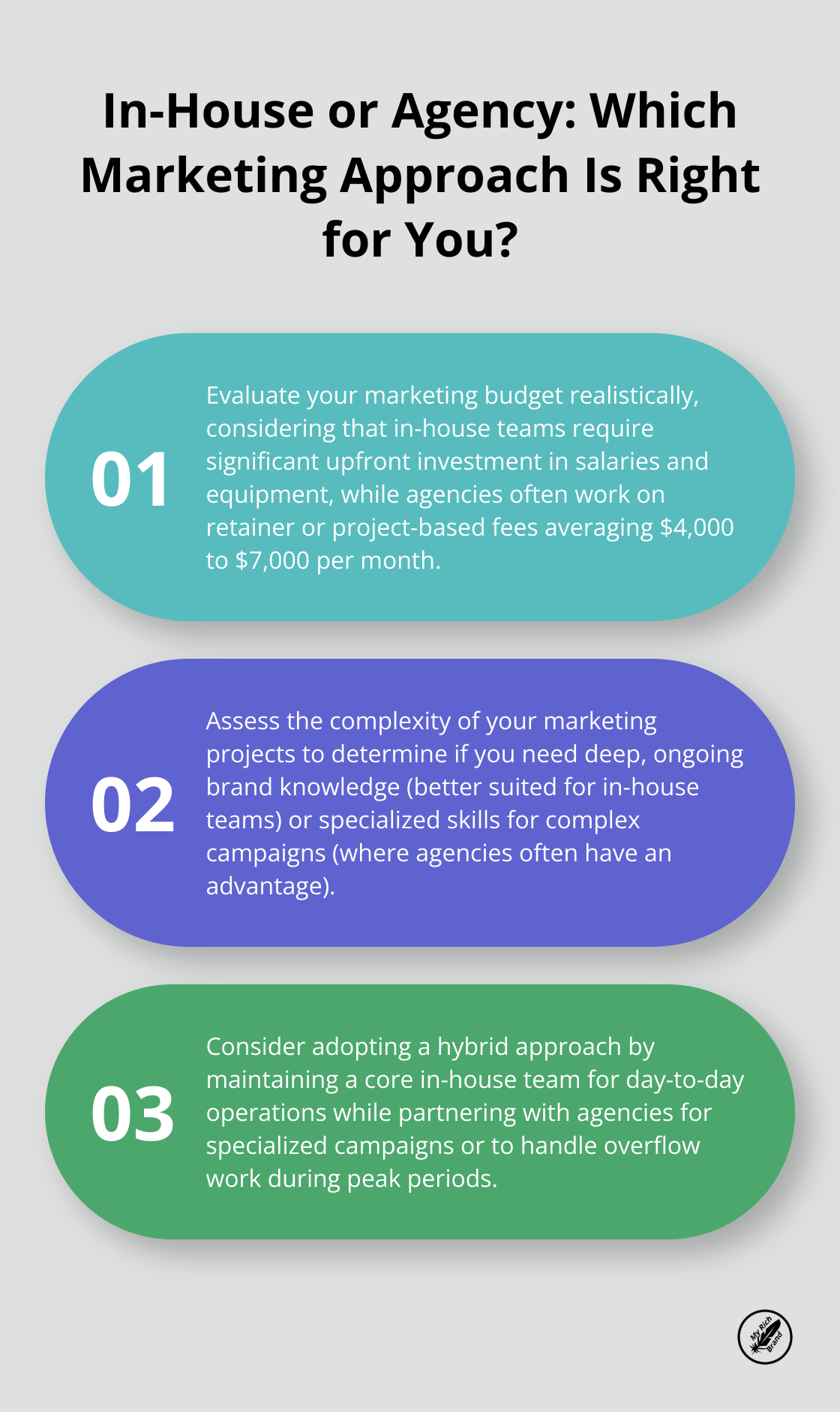
At My Rich Brand, we understand the complexities of this decision. Our AI-enhanced services bridge the gap between in-house marketing and agency partnerships. We offer AI-generated copywriting, strategic content marketing, and social media management to help businesses access specialized skills without the overhead of a full in-house team.
The in-house marketing vs agency debate continues to evolve as technology advances. Your decision should align with your company’s size, growth stage, and industry-specific requirements. A thorough assessment of your marketing needs will help you create a strategy that drives growth, enhances brand visibility, and delivers tangible results.


